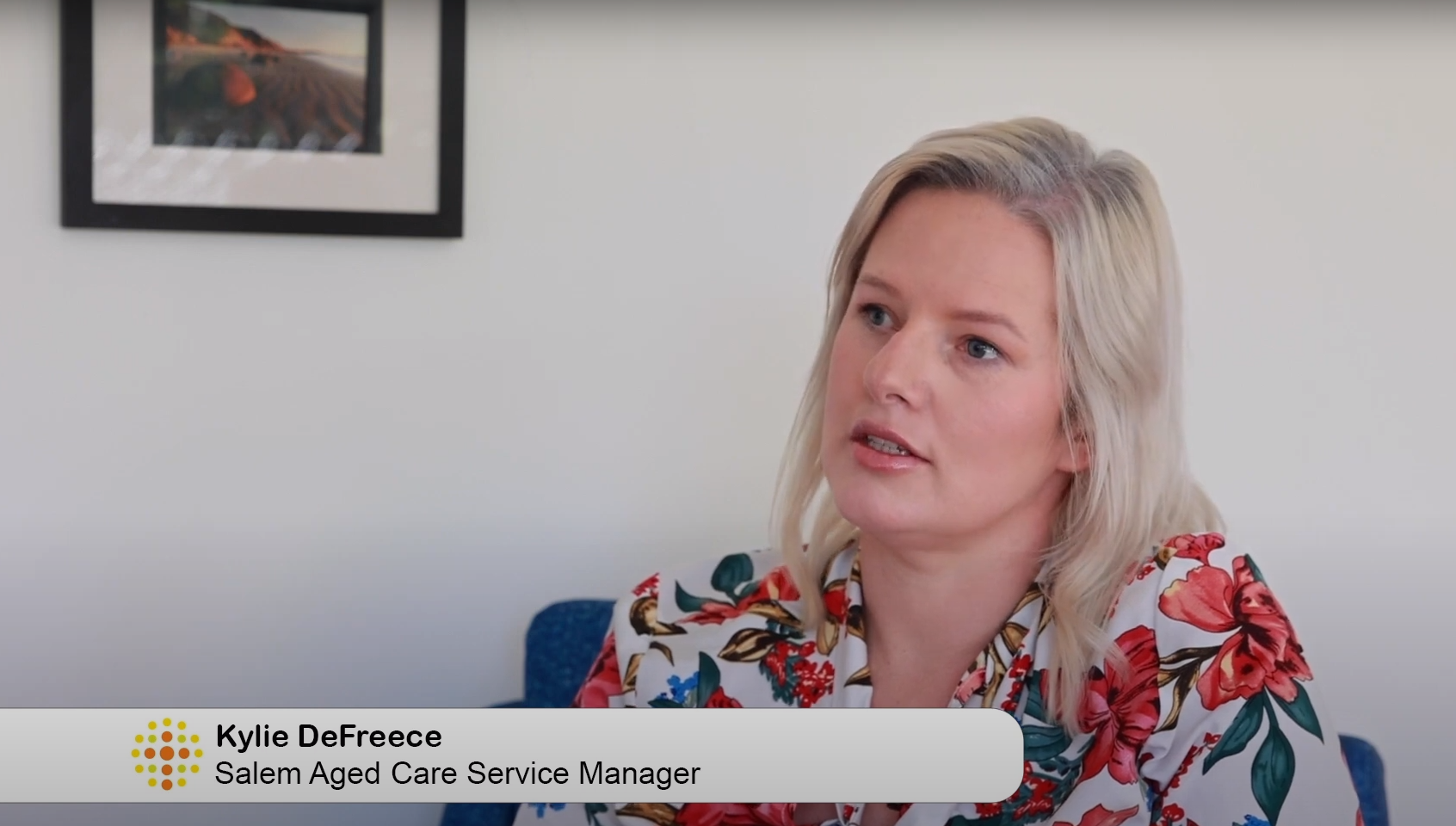Advance Care Planning
A good way to think about advance care planning is as a living will. Advance care planning is a way that a person can let their family, doctors and carers know what health care is important to them.
Each person is unique and will have different choices for their health care. An advance care plan can be as individual as you. You may choose to participate in advance care planning because it can give you the opportunity to think and talk to your loved ones and doctors about your health care choices for the future. Importantly, it can give you the opportunity to communicate your wishes in writing.
If there comes a time when you can no longer speak for yourself, your health careers will still know what you want and who you would like to make decisions on your behalf.
Essentially advance care planning allows a person to express their preferences to inform future medical treatment if they become unable to participate in decision making. Advance care planning puts the person at the centre of care and has been shown to improve the quality of care people receive at the end of their lives.
The advance care planning documents in Queensland are Advance Care Directive, Enduring Power of Attorney and Statement of Choices.
You can choose
As part of your advance care plan, you can choose to complete which part of advance care planning you prefer. They are all voluntary, but there is peace of mind in being a participant in your health care decisions.
Statement of Choices
- The Statement of Choices is the most relevant form for aged care residents. While the Advance Health Directive and Enduring Power of Attorney are both legal documents, the Statement of Choices is used in residential aged care and is designed to start conversations around end of life care. Essentially it focusses on your wishes, values and beliefs and guides preferences around your health care. Its purpose is to guide and inform those who need to make health care decisions on a person’s behalf if they are no longer able to make those decisions themselves.
Advance Health Directive
- This is a legal document where you give instructions about your future healthcare and appoint an attorney for health matters. It comes into effect if you have impaired capacity.
- A Doctor or Nurse Practitioner is required to complete the certificate stating you have capacity to make the document. To be complete, your Advance Health Directive must be signed by you and your signature witnessed by an eligible witness (Justice of the Peace, Commissioner of Declarations, Lawyer or Notary Public).
Enduring Power of Attorney
- Is a legal document giving another person/s (who acts as a substitute decision-maker) the authority to make personal (including healthcare) and/or financial decisions on your behalf when you have impaired capacity.


